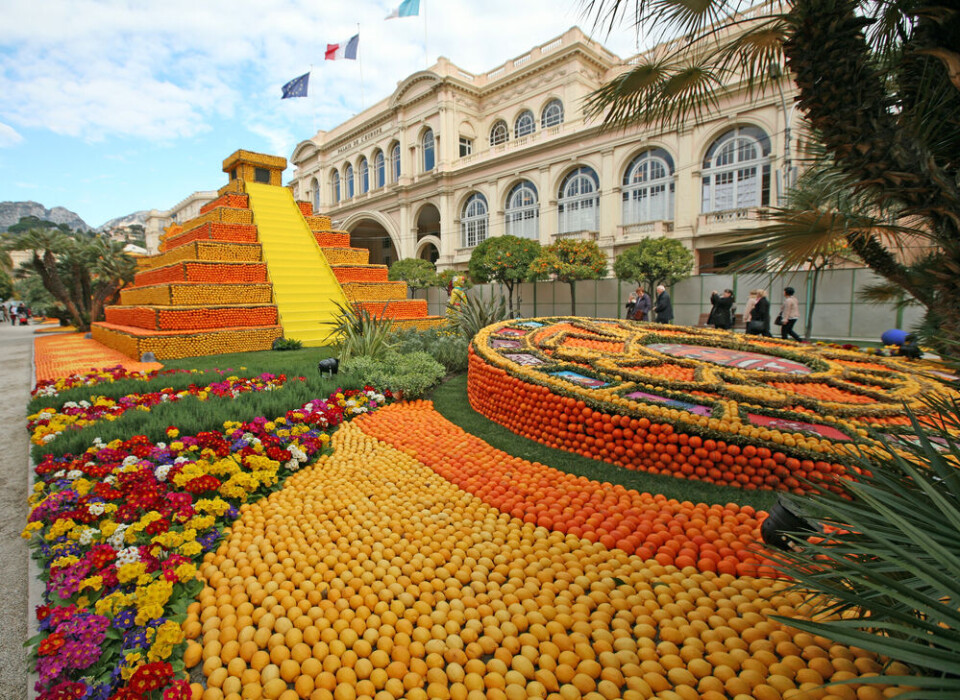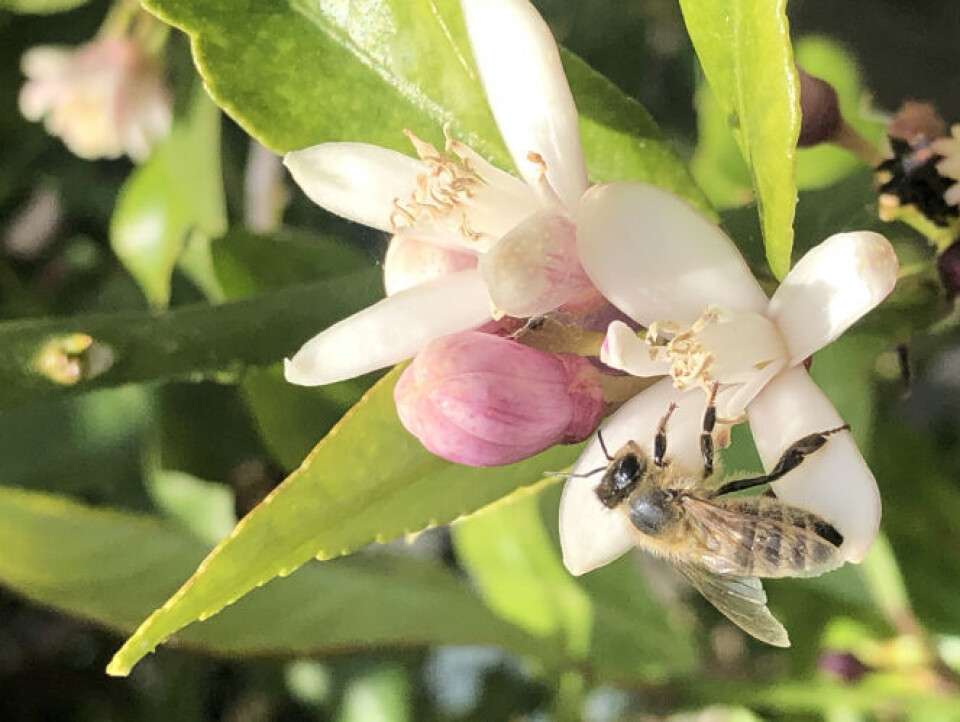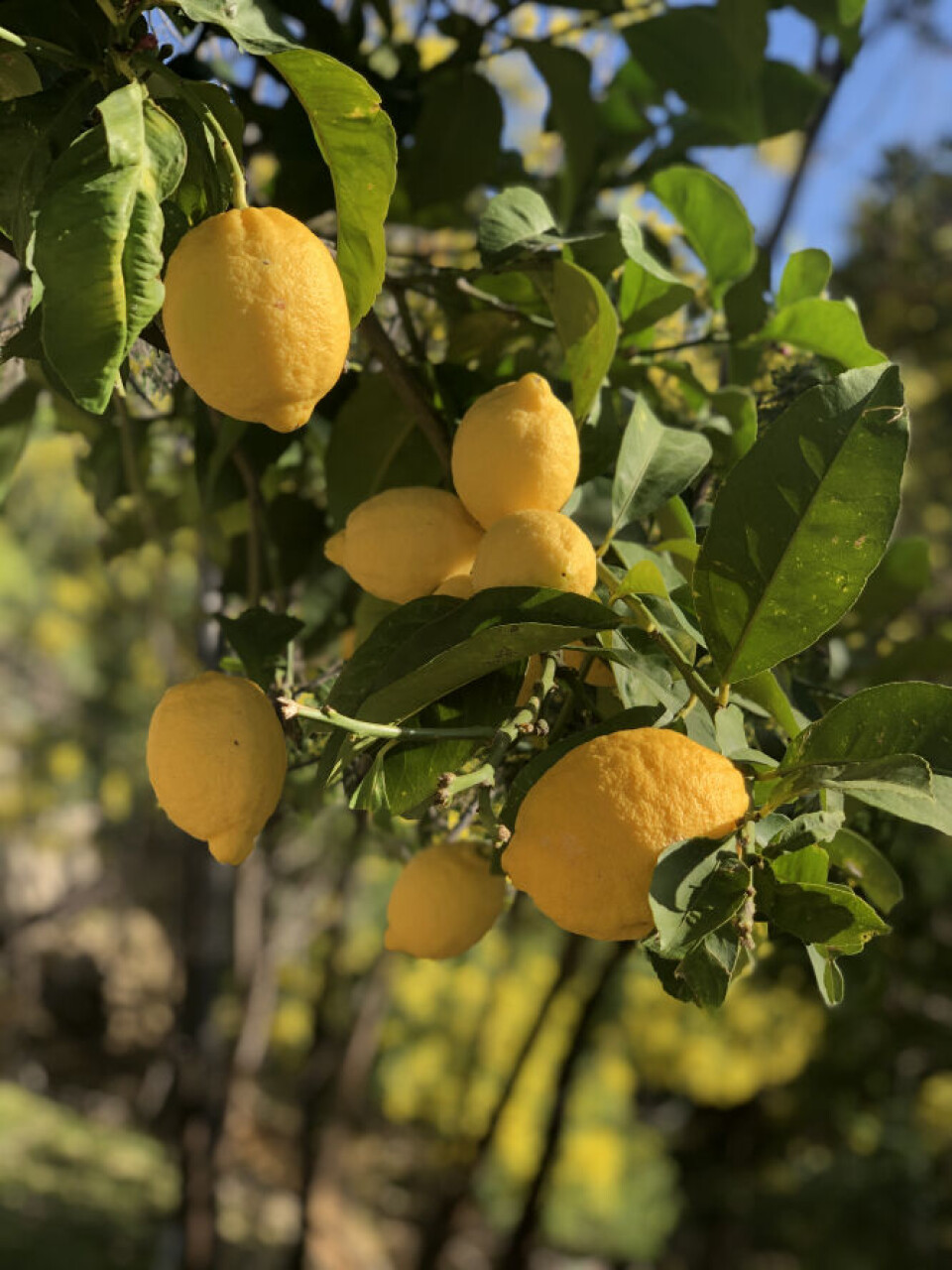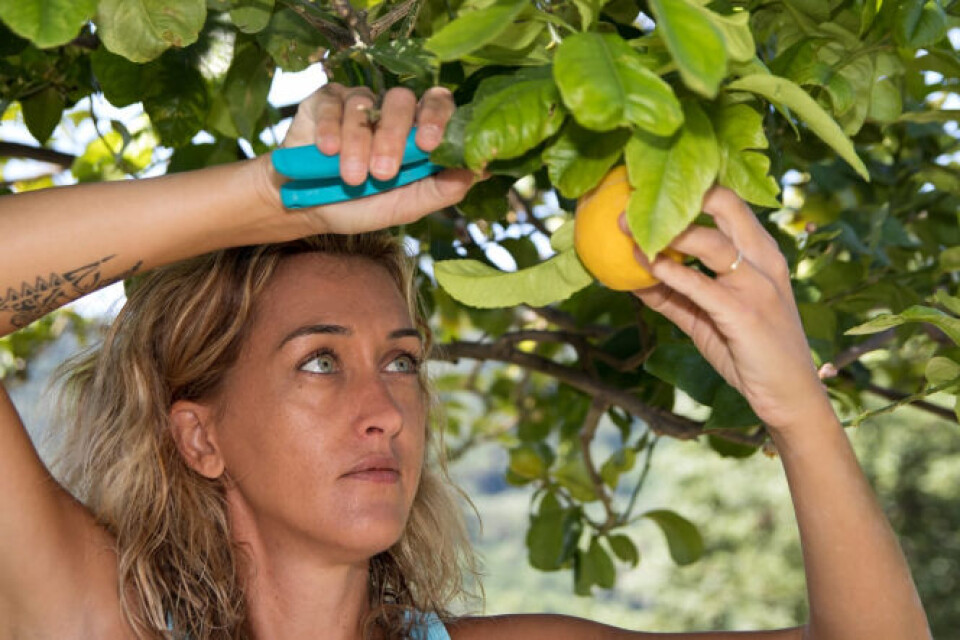-
Visit the French village of Vouvant: along cobbled streets and hiking trails
Explore the rich history and artistic allure of this medieval hideaway, nestled in the heart of the Vendée
-
Six quirky things to do in Strasbourg
Admire pastel-coloured timbered houses, visit a voodoo museum or take a bath... in beer
-
What you need to know before visiting the European Parliament in Strasbourg
Explore the heart of the EU in eastern France
How passionate farmers are reviving Menton’s iconic lemon
The town’s annual lemon festival, which takes places this month, attracts hundreds of thousands of visitors but has to rely on imported fruits after the local industry fell into decline

The hugely popular annual Fête du Citron, attracting 200,000 visitors every year, takes place at Menton, on the French Riviera.
This year’s festival is now underway and will run until February 27, 2022.
It is famous for its extraordinary sculptures made from 180 tonnes of citrus fruit.
The origins of the festival are based on the thriving trade in lemons that used to be a major part of the local economy from the 15th century, when Menton was one of the principal lemon producers in Europe.
It was part of Monaco at the time, and a main source of income for the principality.
Lemon production went into serious decline when tourists began to arrive and hard-working peasants were happy to sell their land to rich foreigners for their holiday villas. By 1950, there were just four or five producers left.
It means that nowadays the oranges and lemons used in the festival’s sculptures come from Spain, but the local Citron de Menton is making a comeback. It is prized by top chefs from Northern Europe, Paris and as far afield as Singapore, the USA and Dubai, and it will be the only one on sale in the town during the Festival. This provides a rare chance for members of the public to taste its unique flavour.

Stéphane Constantin is director of the Association pour la Promotion du Citron de Menton: “Though production decreased drastically in the 20th century, the image of the Citron de Menton as one of the best lemons in the world remained intact. In the 1990s, the mayor decided to do something to keep this image alive and there was a big move to relaunch the lemon.
“In 2004, my association was created and in 2015 we were awarded a Protected Geographical Indication (PGI). Since then we have had new producers joining us every year and we total 52, with two more about to sign up.”
So what is so special about this lemon? “No other lemon is grown as far north and it benefits from a specific micro-climate, next to the sea and protected from cold winds by the mountains behind. To have the PGI label, the lemons must be grown no further than 7kms from the coast and no higher than 390m altitude. It is a large fruit with a thick skin rich in essential oils. It is sweeter and juicier than usual lemons and though it is certainly a lemon it is less acid. It was taken on board boats in the early days to prevent scurvy as the sailors could eat it whole, including the skin.”
Mr Constantin says they will never be able to produce as many lemons as in the past: “This is down to lack of space as the area is so built up now. In fact, it is difficult for anyone to see that our lemons are grown at all as there are no big orchards and they are mostly grown by private individuals in their gardens.
“The average size for a producer is 2000m2 with 30 trees. There are now around 6,000 trees in total with an annual production of 50 tonnes. That is tiny, and with our best estimates we will only ever be able to produce around 600 tonnes a year in future predictions for ten years ahead.”

He says no-one can make a living out of Citrons de Menton and even with the high prices they fetch as a luxury lemon, growers will usually use any small profits to reinvest in their trees. But they are all passionate about their fruit:
“The wonderful thing about our association is that we work together. There are all types of people, from reputed doctors to retired couples to the unemployed. There is a family feeling. And though not all producers have an organic label, none of them use any chemical pesticides or fertiliser. This is part of the PGI regulations, but also because none of them want to use chemicals on their land, which is really their garden.
“Some even experiment with sheep fleeces to enrich their soil, as this is something sheep farmers have to destroy as they cannot sell them. We all work together, and there is no competition between us.”
One of the growers is Emilie Basin, who became so enamoured by the fruit, she gave up her old job to look after the lemon grove which was originally planted by her husband’s father:
“I saw that some of the local lemon trees were disappearing and I stopped my work as a statistician to become a Citron de Menton grower. I started with fifteen trees in my father-in-law’s orchard which are over 45 years old. In 2020, I planted twenty more, which are already giving 1 kilo of fruit a year, but will not reach their full potential for another four or five years.

“I cannot earn a living wage from the sale of lemons alone, but it gives me a wonderful quality of life and it suits our family as I have young children to look after.”
She says it is a fruit she adores: “It is delicious. When you tell people they can eat the skin as well, they are surprised as their initial reaction is to peel it, and then they are astonished that it is so tasty. It is sweeter than a classic lemon, and for me there is no comparison.”
She goes almost every day to check up on her trees: “It is a pleasure to go to the orchard. The main job is watering during the hot, dry months. I can tell when it is necessary by looking at the state of the leaves. I put down fertiliser three times a year, and have chosen to use a natural organic mineral product. Pruning is only necessary to let light in or to get rid of the old wood.”
Harvesting begins in mid-December: “It is a long season, going up to April usually, and the lemons are picked as they become ripe, so the trees have to be visited daily.”
She sells direct to both restaurants and private clients: “I have local clients, but also some who are as far away as Brittany. I do a great deal of publicity, some of it via Facebook. My next project is to turn some of my lemons into other products and sell those.
“I joined the Association pour la Promotion du Citron de Menton in 2017 and it has been a wonderful adventure, learning from farmers who have been growing them for years, and meeting all the producers who, like me, are passionate about this wonderful fruit.”
Related stories:
Fête de la musique: What you can and cannot do this year
Marseille: The cultural melting pot of France’s south
Angers and Guéthary ranked best town and village to live in France
























